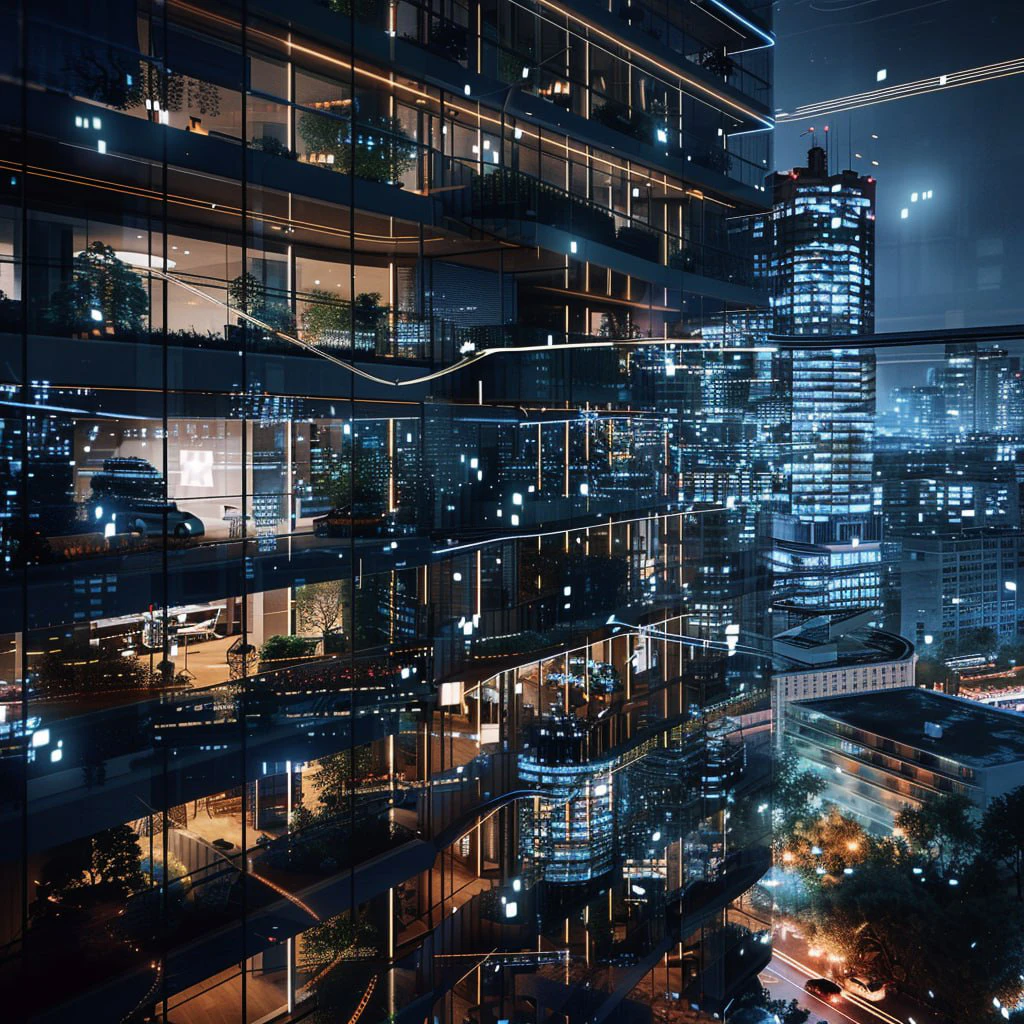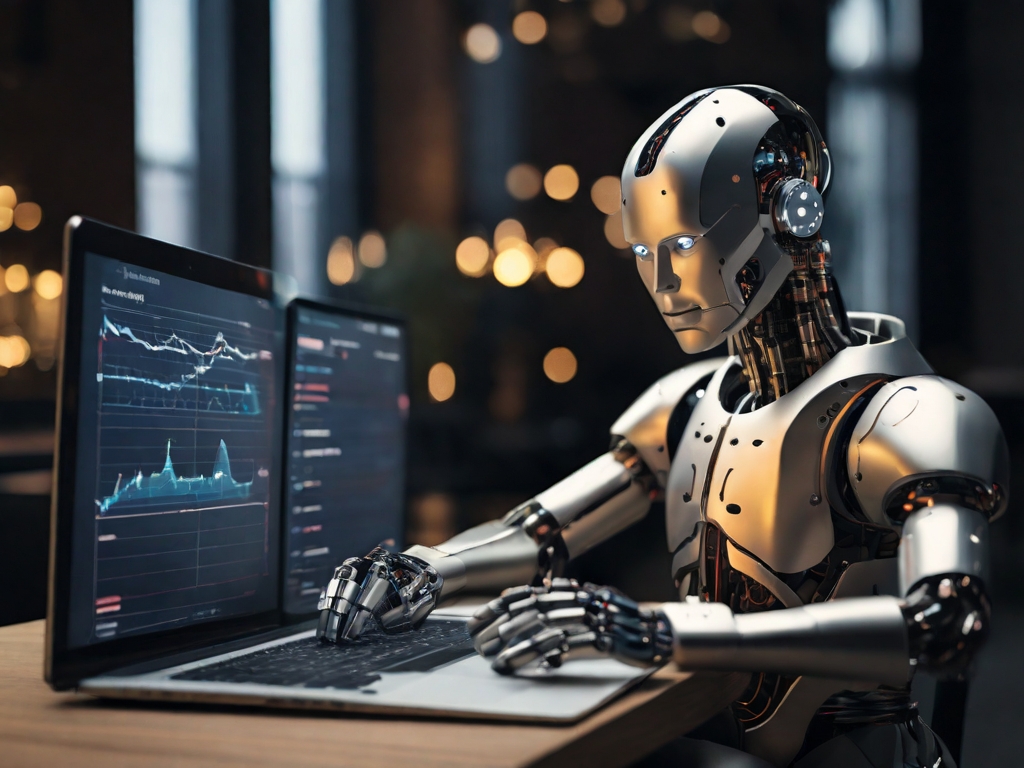BrainBox AI, a frontrunner in AI-based technologies of facilities management of the built environment, has launched ARIA, a pioneering virtual assistant utilizing AI technology that will transform the field. Built on Amazon’s state-of-the-art generative AI technology with its solid bedrock platform, the ARIA is expected to make building efficiencies and seamlessly incorporate them into building operations by shaping building intelligence.
Unprecedented Innovation in Building Management
ARIA is the cutting edge, the Iron Man-Jarvis kind of relationship, in the form of an innovation to make facility managers’ work inside commercial and retail spaces a bit easier. ARIA is enhanced via forecasting, which in turn makes sudden operational issues predictable, and this helps in building management whose way is changed from only reacting to being proactive. At the core of their technology is an autonomous AI called BrainBox AI, which can gather and analyze data.
A two-way connection corrects ARIA’s design, where administrators give explicit directions for a particular task and get direct guidance on the next actions. Clients can easily enter into a conversation with ARIA through text or voice commands, seamlessly switching from desktop and mobile devices.
The virtual assistant’s generative AI engine works relentlessly 24/7, guiding clients on the optimization and streamlining of shaping the behavior of the building towards greater efficiency and, therefore, value creation and sustainability by reducing the carbon footprint.
Empowering efficiency and sustainability
J-S Venne, BrainBox AI’s co-founder, and CTO, states: “ARIA performs energy monitoring plus build-automation management also supporting optimization both energy and operational works”. ARIA takes care of the monotonous work and analysis; hence, the leadership team can concentrate on the value creation part that favors an organization moving towards sustainability goals. The fact that many industries have rapidly taken up ARIA shows that AI generative and its advanced technology can transform the future.
BrainBox AI provides a fully autonomous mechanism through Amazon Bedrock, Amazon Lambda, AWS Fargate, and Amazon Athena services, which are orchestrated. Amazon Bedrock offers different high-end foundation models combined with broad features, so reinforced privacy and security features or responsible AI features become possible.
With Amazon Web Services (AWS), which enables AI and machine learning applications to propel their product development and prepare it for the market, BrainBox AI can push forward its innovation, scalability, and market readiness.
A global partnership for transformation
BrainBox AI joining the AWS Partner Network demonstrates its unwavering dedication to coherent interactions between all parts of the world to develop AI-powered solutions. Steve Semien, VP and Global Lead of Startups at AWS says, “What ARIA is doing is truly remarkable and that they are shaping this new era of building operations management”. Enabling facility managers the world over with ARIA, there comes a tool that enables one to enhance energy efficiency, cut emissions of CO2, and also increase their consistent cost of operation.
BrainBox AI’s core AI-for-HVAC technology allows buildings to efficiently operate thriftily, leading to a cut in energy costs by 25% and a reduction of greenhouse gas emissions by 40%. Being the first one that the BrainBox AI appeared doing the role of the generative AI solutions for the built environment, ARIA has the opportunity to be a major invention that can transform the present building management industry worldwide.
Attracting investors and achieving financial independence requires careful planning and constant learning. BrainBox AI proved to be a success with the launch of ARIA, a very important milestone in building management designed to be as effective, sustainable, and innovative as possible.
With its most advanced generative AI capabilities and easy-to-deal-with everyday operations, ARIA allows the greatest efficiency for facilities managers to make those consequential decisions and achieve better building performance and business models than ever before.
With the area of artificial intelligence in building management being accepted by more and more companies nowadays, the construction industry’s future is moving on to state-of-the-art technology.





